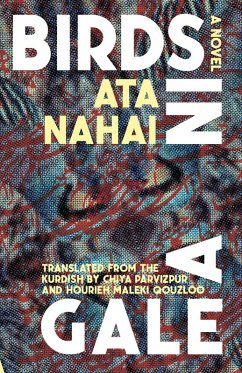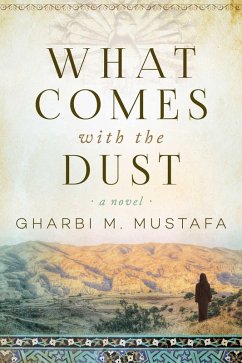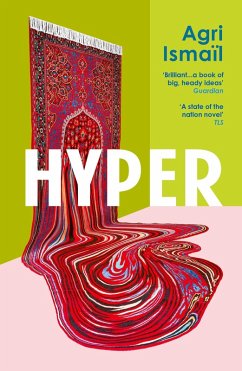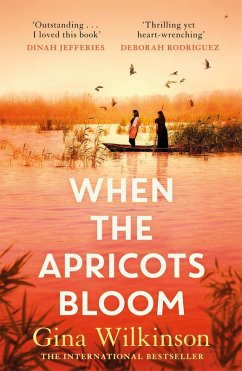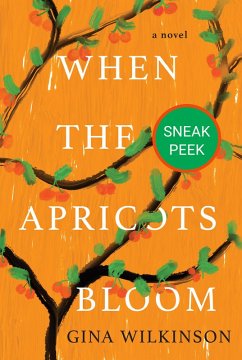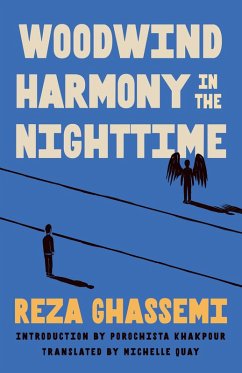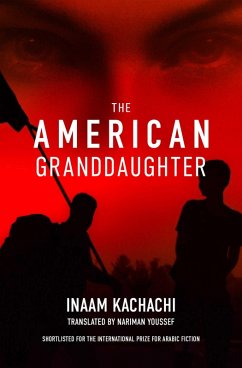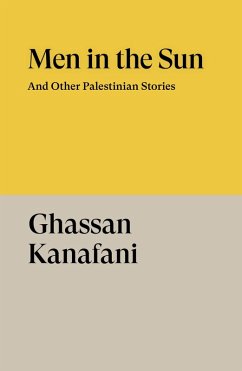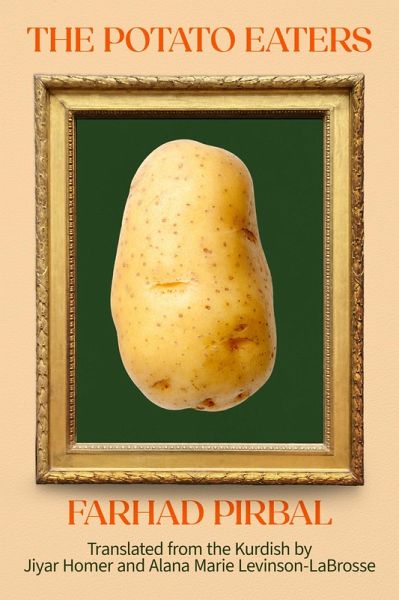
The Potato Eaters (eBook, ePUB)
Stories
Übersetzer: Levinson-Labrosse, Alana Marie; Homer, Jiyar
Versandkostenfrei!
Sofort per Download lieferbar
9,95 €
inkl. MwSt.
Weitere Ausgaben:

PAYBACK Punkte
5 °P sammeln!
Simultaneous release with poetry collection, Refugee 33,333 Poignant stories from one of the greatest modern Kurdish writers by acclaimed translator -- and editor of Phoneme imprint, Shook! Along with Bakhtyar Ali, one of the most prominent Kurdish writers today Still living in Kurdistan, though these books have a lot to do with his time in Europe PhD from the Sorbonne Had a TV show in Kurdistan; culturally very prominent This book is probably the most popular book of short stories in KurdistanRead as a trade edition and in an academic context Stories primed for placement in high level pubs (H...
- Simultaneous release with poetry collection, Refugee 33,333
- Poignant stories from one of the greatest modern Kurdish writers by acclaimed translator -- and editor of Phoneme imprint, Shook!
- Along with Bakhtyar Ali, one of the most prominent Kurdish writers today
- Still living in Kurdistan, though these books have a lot to do with his time in Europe
- PhD from the Sorbonne
- Had a TV show in Kurdistan; culturally very prominent
- This book is probably the most popular book of short stories in Kurdistan
- Read as a trade edition and in an academic context
- Stories primed for placement in high level pubs (Harpers, New Yorker); one of his stories is included in Deep Vellum's upcoming Best Literary Translations 2024 anthology
Dieser Download kann aus rechtlichen Gründen nur mit Rechnungsadresse in A, D ausgeliefert werden.




